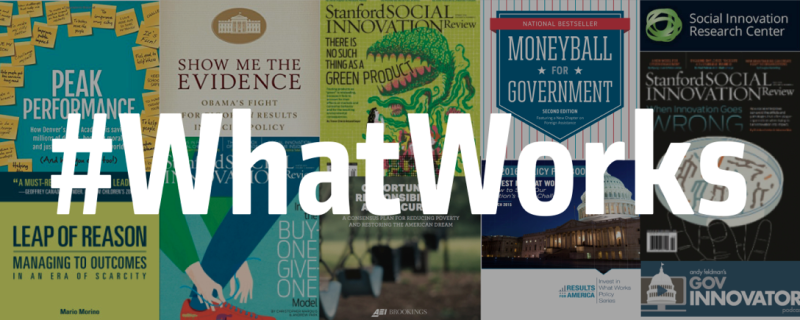
1. When nudging fails, what else can be done?
Bravo to @CassSunstein, co-author of the popular book Nudge, for a journal abstract that is understandable and clearly identifies recommended actions. This from his upcoming article Nudges that Fail:
“Why are some nudges ineffective, or at least less effective than choice architects hope and expect? Focusing primarily on default rules, this essay emphasizes two reasons. The first involves strong antecedent preferences on the part of choosers. The second involves successful “counternudges,” which persuade people to choose in a way that confounds the efforts of choice architects. Nudges might also be ineffective, and less effective than expected, for five other reasons. (1) Some nudges produce confusion on the part of the target audience. (2) Some nudges have only short-term effects. (3) Some nudges produce “reactance” (though this appears to be rare) (4) Some nudges are based on an inaccurate (though initially plausible) understanding on the part of choice architects of what kinds of choice architecture will move people in particular contexts. (5) Some nudges produce compensating behavior, resulting in no net effect. When a nudge turns out to be insufficiently effective, choice architects have three potential responses: (1) Do nothing; (2) nudge better (or different); and (3) fortify the effects of the nudge, perhaps through counter-counternudges, perhaps through incentives, mandates, or bans.”
This work will appear in a promising new journal, behavioral science & policy, “an international, peer-reviewed journal that features short, accessible articles describing actionable policy applications of behavioral scientific research that serves the public interest. articles submitted to bsp undergo a dual-review process. leading scholars from specific disciplinary areas review articles to assess their scientific rigor; at the same time, experts in relevant policy areas evaluate them for relevance and feasibility of implementation…. bsp is a publication of the behavioral science & policy association and the brookings institution press.”
Author: Cass Sunstein
Analytical method: Behavioral economics
Relationship: Counter-nudges → interfere with → behavioral public policy initiatives
2. There will be defensive baseball stats!
Highly recommended: Bruce Schoenfeld’s writeup about Statcast, and how it will support development of meaningful statistics for baseball fielding. Cool insight into the work done by insiders like Daren Willman (@darenw). Finally, it won’t just be about the slash line.
3. Cognitive bias cheat sheet.
Buster Benson (@buster) posted a cognitive bias cheat sheet that’s worth a look. (Thanks @brentrt.)
4. CATO says Donald Trump is wrong.
Conservative think tank @CatoInstitute shares evidence that immigrants don’t commit more crimes. “No matter how researchers slice the data, the numbers show that immigrants commit fewer crimes than native-born Americans…. What the anti-immigration crowd needs to understand is not only are immigrants less likely to commit crimes than native-born Americans, but they also protect us from crimes in several ways.”
5. The What Works reading list.
Don’t miss the #WhatWorks Reading List: Good Reads That Can Help Make Evidence-Based Policy-Making The New Normal. The group @Results4America has assembled a thought-provoking list of “resources from current and former government officials, university professors, economists and other thought-leaders committed to making evidence-based policy-making the new normal in government.”
Posted by Tracy Allison Altman on 6-Oct-2016.








